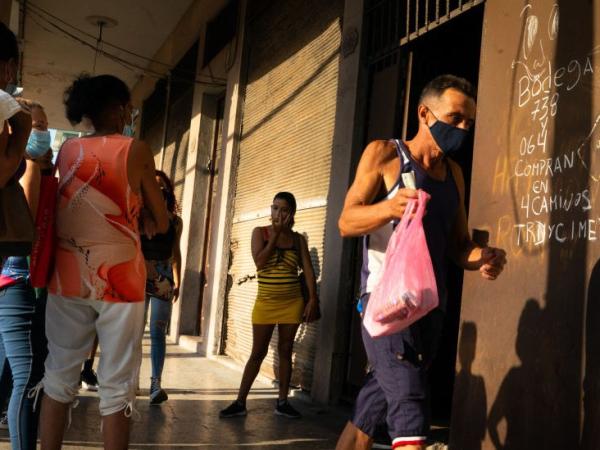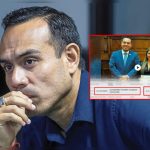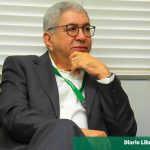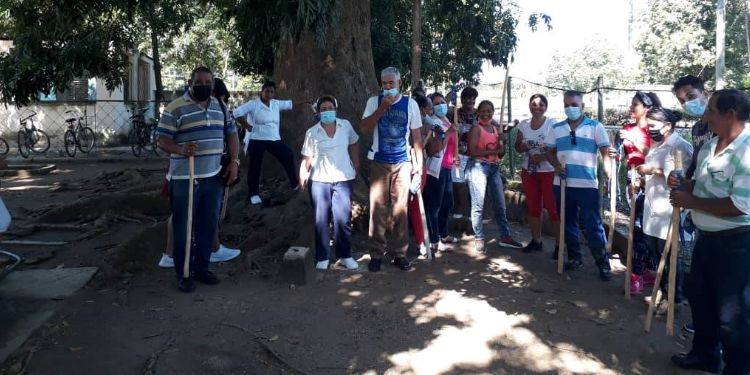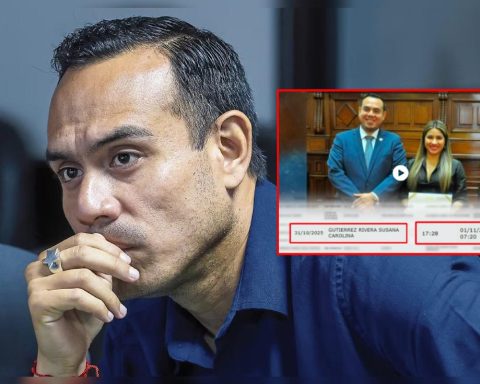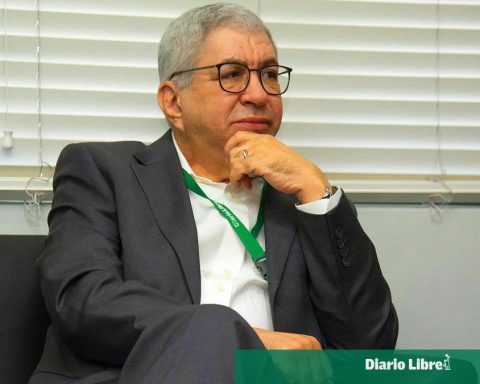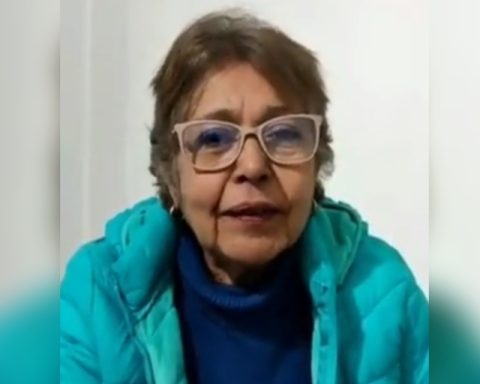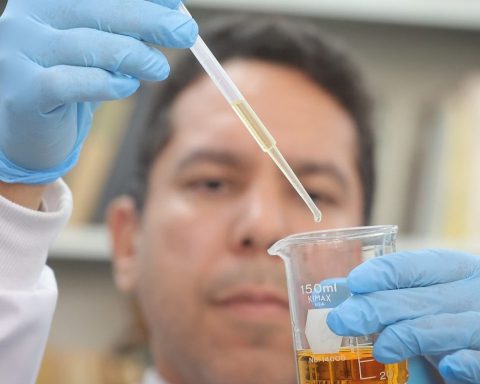Cuba has announced that it will allow the participation of foreign investors in the island’s wholesale and retail trade for the first time in 60 years.
The measure represents a very significant change for the Cuban economy and for the political line that Fidel Castro marked in the 1960s, where the premise was the nationalization of retail trade.
The first deputy minister of Foreign Trade and Foreign Investment (Mincex), Ana Teresita González Fraga, spoke of “the new measures that have been taken” on the television program Mesa Redonda, where it was specified that the government had announced it in the last Assembly National People’s Power.
“These measures announced in the recent session of the National Assembly are not independent or isolated, they are decisions aimed at repairing the complex economic situation,” said González Fraga, who clarified that he attended on behalf of the Minister of Foreign Trade, Alejandro Gil, who, he said, he was ill at the time.
Gil, in turn, wrote on his Twitter account: “In the midst of the strong restrictions we face, foreign investment in wholesale and retail trade, with State regulation, will allow the population to expand and diversify the offer and will contribute to the recovery of the national industry”.
Cuba is currently facing its most severe economic crisis in decades, with rising prices and public discontent. And this policy is precisely aimed at addressing the shortage of basic goods, such as food and medicine.
But it is not completely opened, but rather, said González, a selection, a scrutiny, since “a state market has to prevail,” said the Minister of Foreign Trade, Betsy Díaz Velázquez, in the same program.
Until now, foreign investment in Cuba was focused on goods and services, but from now on, those investors who sell raw materials, supplies, equipment “and other goods that contribute to promoting the development of national production” will prevail. according to the website of the Ministry of Foreign Trade of Cuba.
They will also give priority to the “supply of food, cleaning products, of economic line and for the installation of electricity generation systems with renewable energy sources, which have an immediate impact on the problems of shortages and contribute to improving the offer in the National market”.
In the 1960s, Fidel Castro nationalized Cuba’s private wholesale and retail industry. However, the new foreign investment bill recognizes that the country’s centralized government cannot solve its shortage of essential goods without foreign investment.
Under the new policy, priority will be given to companies that have been based in Cuba for several years. Government officials said they will prioritize deals with companies that sell green energy technologies and equipment that could boost domestic production.
He added that at first there will be no competition in the market.
The BBC’s Central America and Cuba correspondent Will Grant says the move is something hard-line revolutionaries have opposed for years and its success is not guaranteed.
And the strictly state-controlled environment doesn’t make it an attractive option for many investors, he adds.
High prices, food and medicine shortages and constant blackouts are the daily lives of millions of Cubans.
The current context has made things even more difficult.
The coronavirus pandemic affected the whole world and Cuba was not far behind. Also hit by its own crisis, Venezuela, which until now gave large subsidies to the island, reduced this aid. All linked to the sanctions imposed by the former president of the United States, Donald Trump after a brief period of respite and opening with Barack Obama.
In a movement that had been unprecedented since Fidel Castro came to power, in July 2021 thousands of people took to the streets to demand freedom and better living conditions.
11J, as this event is known, was the largest citizen mobilization against the government in six decades.
Although most of the marches were peaceful, there were episodes of violence and chaos, ranging from overturned police vehicles to brutal charges by security forces against protesters in various parts of the country.
More than 1,000 people were arrested.
Last May, Cuba confirmed that 297 people had been sentenced to prison, including 36 sentenced to between 5 and 25 years for the crime of sedition.
Also in May, the United States agreed to ease Trump-era sanctions against Cuba.
Thus, with the new Biden administration, restrictions on travel and the amount of money that residents of the United States can send to their families on the island have been relaxed.
At the time, Cuba’s foreign minister welcomed the announcement, saying it marked “a small step in the right direction.”
Now you can receive notifications from BBC World. Download the new version of our app and activate it so you don’t miss out on our best content.
